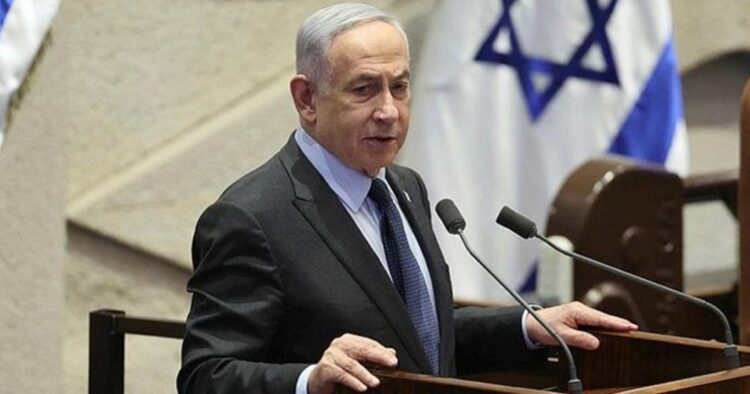In recent developments, Israeli Prime Minister Benjamin Netanyahu has hinted at an imminent invasion of Gaza’s Rafah, a move that has sparked global concern. Netanyahu stated that a date has been set for the invasion, aimed at achieving goals like the release of hostages and defeating Hamas.
Several allies of Israel, including the United States, have expressed alarm over the potential invasion, citing concerns about civilian casualties and urging for an immediate ceasefire. The United States has warned against a ground operation into Rafah and demanded a credible plan to protect civilians.
Rafah, the last refuge for Palestinians amidst the devastating war, is home to over a million people living in desperate conditions with shortages of food, water, and shelter. Foreign governments and organizations have urged Israel to avoid a storming of Rafah due to fears of a humanitarian crisis.
Far-right ministers in Israel, including Itamar Ben-Gvir and Bezalel Smotrich, have criticized Netanyahu for scaling down troops from Gaza and threatened to withdraw support if the war ends without a large-scale offensive in Rafah. They argue for increasing pressure on Hamas to secure the release of hostages and defeat the militant group.
Ceasefire negotiations between Israel and Hamas in Cairo have seen mixed progress. Hamas rejected the latest Israeli proposals, while Israeli Foreign Minister Israel Katz described the talks as the closest to a deal since a previous truce in November. The negotiations aim to secure a ceasefire and the release of hostages, with concessions made by both sides.
Despite some progress in the talks, a deadlock remains over Israel’s refusal to end the war and withdraw all forces from Gaza. Israel has scaled down its troops but maintains a significant force for targeted operations. The military operation has resulted in a high number of casualties, with over 33,000 Palestinians killed since the conflict escalated in October.

















Comments